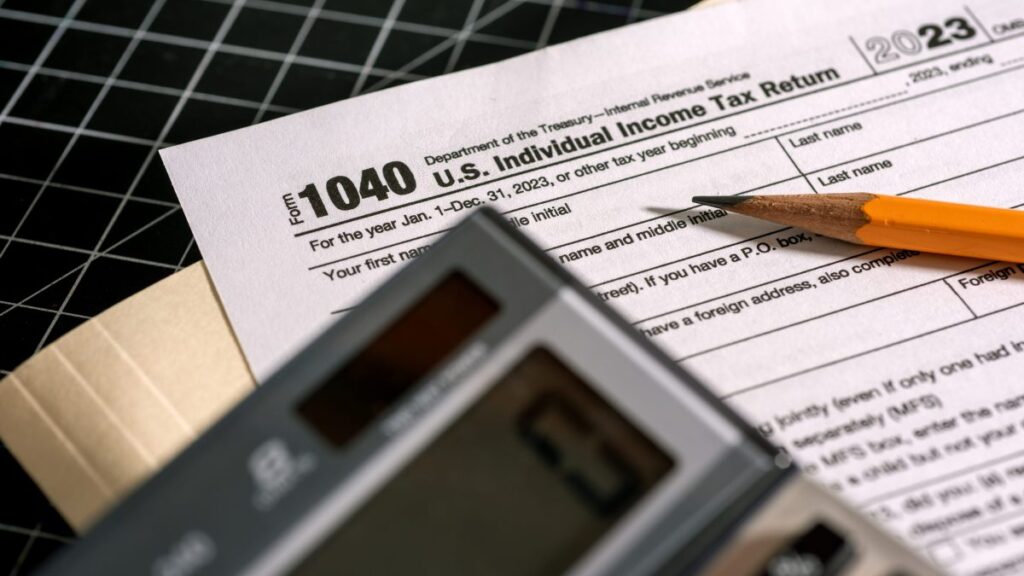
The winner of November's federal election will have the opportunity to overhaul the nation's tax system, in large part because the next president and Congress will take office when many parts of the Tax Cuts and Jobs Act of 2017, also known as the Trump-era tax reform, expire at the end of 2025.
Many in Washington are already considering how to adjust the tax code, especially in light of the growing national debt and the increased attention it is receiving. Some are seriously considering cutting taxes.
Most of a government's revenue comes from taxes paid by citizens and businesses, and tax cuts are often used as an incentive to get people and businesses to behave in certain ways.
“These are typically intended to incentivize certain behaviors that policymakers have determined are worth subsidizing,” said Samantha Jacoby, deputy director of federal tax policy at the Center on Budget and Policy Priorities. These include tax breaks for having children, saving for retirement and buying a home. But Jacoby said, “these are skewed toward higher earners across the board. A lot of this is in the form of tax credits.”
That's especially true since the 2017 tax law was passed, which raised the standard deduction and dropped the number of households who itemize to just 11% of households, Jacoby said. “And those who still itemize tend to be mostly upper-income earners,” he added.
From a government accountant's point of view, these tax cuts are just another type of government spending, which is why they're called tax expenditures. CBPP calculated that they could add them up and exceed $1.3 trillion per year. The Treasury Department tracks tax expenditures but typically avoids publishing total costs because interactions between some credits could change who can use certain programs if other credits are eliminated.
” [tax expenditures] “Tax cuts that would make a big dent in the national debt problem are politically popular,” said Gerald Plante, an economics professor at the University of Lynchburg in Virginia. “Employer-provided health insurance exclusions, child tax credits, earned income tax credits, mortgage interest deductions — these are the types of tax cuts.”
And eliminating or reducing those perks is really the third barbed wire of American politics, he said.
“People often say, 'Oh, taxes are going to go up,' but nobody wants to hear about tax increases,” he said.
As a result, Plante said, “The IRS has essentially become not just a revenue collection agency, but also a welfare agency that has to give people perks and tax breaks for a variety of activities.”
Despite the high cost of some tax-based expenditures, this type of government spending typically does not receive as much attention as the annual appropriations process.
Jacoby of the Center on Budget and Policy Priorities said that while it may be easy for politicians to focus on visible spending when writing the budget, hidden spending buried in the tax code is also important.
“Each individual tax expenditure may not be a big contributor to the deficit and debt,” she added, “but when you add them all together, it adds up to a very real amount.”
There's a lot going on in the world, and Marketplace is here for you.
Marketplace helps you analyze world events and bring you fact-based, easy-to-understand information about how they affect you. We rely on your financial support to keep doing this.
Your donation today will power the independent journalism you trust. Help sustain Marketplace for just $5 a month so we can continue reporting on the things that matter to you.


